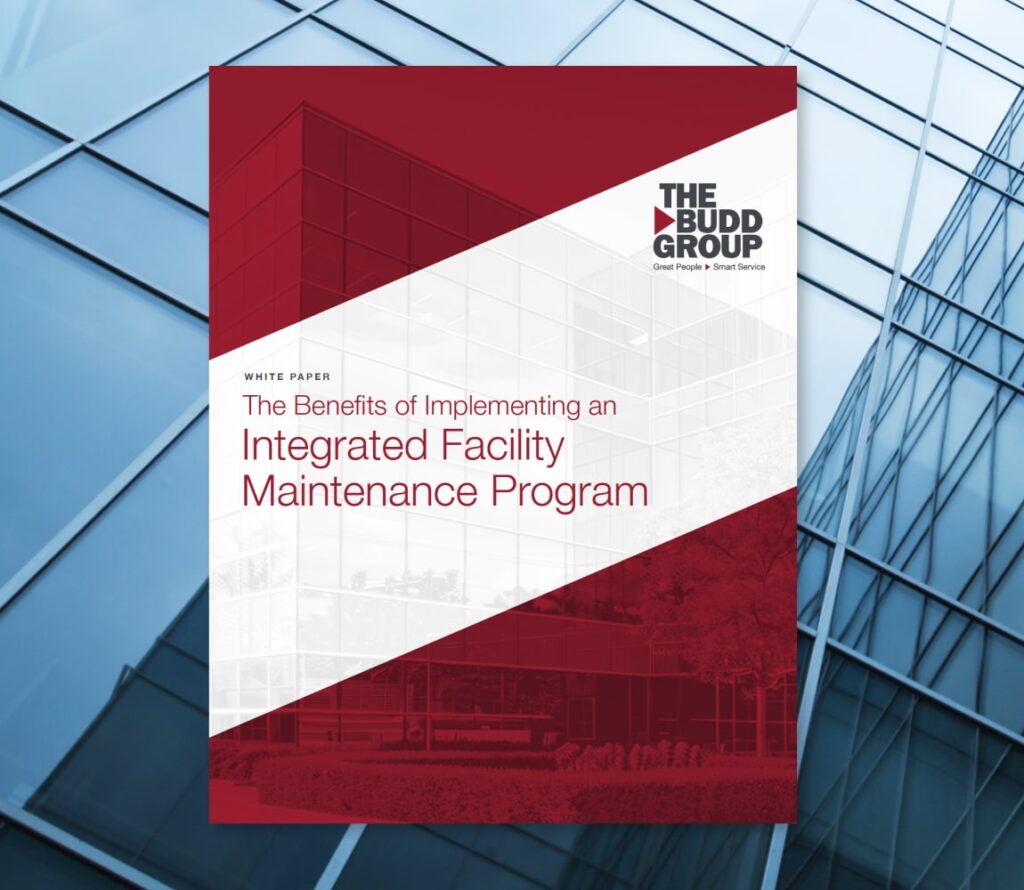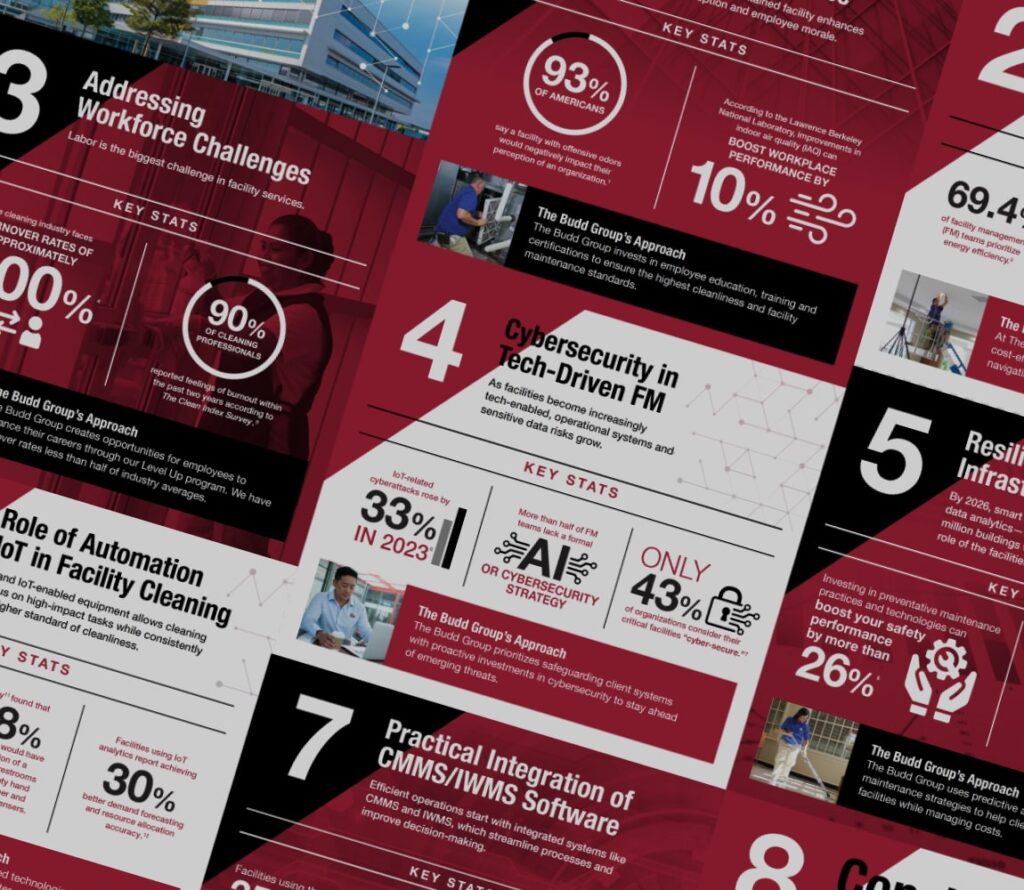Landscaping is a crucial function of proper commercial property maintenance and improvement. Neglecting one’s green spaces can encourage the influx of destructive pests, put property at risk from overgrown tree limbs, waste key resources like water and energy, and more. Of course, the act of maintaining and enhancing a landscape comes with its own set of hazards and concerns as well, which is why it’s key to hire professional and experienced landscaping maintenance services that prioritize safety above all else. Let’s go over some of the most common safety hazards faced in the field of commercial landscaping and how to mitigate these risks.
Most Common Landscaping Hazards
Equipment Hazards
Landscaping is a multi-faceted endeavor that requires many tools and technologies for a variety of tasks. Riding mowers, power saws, pruning shears, leaf blowers, and snow plows are just some examples of the types of equipment commercial landscapers will use in their line of work. While the highest-quality and latest iterations of these tools are designed with safety in mind, accidents can happen. Whenever you’re working with electrical components, sharp edges, fast-moving blades, string suction, and so on, there is a risk of injury. The greatest defense against such hazards is knowing how to properly and safely operate all landscaping equipment and wearing proper safety gear whenever using certain tools or machinery.
Muscle Strains
While the tools mentioned above can make various landscaping tasks easier to complete, this line of work is still physically intensive. Employees must frequently carry heavy loads of fertilizer, mulch, equipment, and other items to and from worksites. If something is too heavy for someone or an individual attempts to lift something at an improper angle, there is a risk of severe muscle strain. Avoiding these outcomes depends on teams working together to haul objects above a certain weight threshold and ensuring all members receive extensive training in proper lifting forms, stretching exercises, etc.
Slips, Trips, and Falls
Even on relatively flat, visible terrain, people can fall down. Slips, trips, and falls are even more common on variable ground such as lawns, which may be riddled with tree roots, tall grass, sprinklers and spouts, forgotten equipment, debris, and so on. On top of that, in colder regions, snow and ice only increases these slipping hazards. In order to minimize the number of slips, trips, and falls, workers must remain vigilant at all times on the job, remove obstacles and equipment when necessary, perform regular ice and snow removal in the colder months, wear sturdy, protective shoes, know how to properly set up, climb, and take down ladders and lifts, and so on.
Dangerous Debris
Without regular maintenance, lawns can quickly become riddled with all sorts of detritus. Some of the junk is relatively harmless and should be removed primarily for aesthetic reasons, but other types, such as glass, needles, nails, and other sharp objects pose a threat to landscape workers, employees, customers, and anyone else who might tread upon the area. This reality speaks to the importance of thorough lawn debris removal efforts. The more frequently a landscape is cleared from waste and other materials, the less likely someone is to get injured.
Pests and Pesticides
Pest removal is another important task in commercial landscaping. When a lawn maintenance service first enters a new site, there may be a presence of harmful pests such as wasps, ticks, mosquitoes, and so on. By applying the proper pesticides, these pests can be eventually removed from the premises. However, it’s worth noting that certain pesticides can yield negative health effects as well. To stay safe on the job, commercial landscapers must maintain awareness of both the types of pests they might encounter and which types of pesticides they should use for proper pest control while also taking the necessary precautions to prevent being poisoned by said products or harmed by said pests.
Irritating Plant Life
Pests aren’t the only lawn features that can harm landscapers — plant life can have negative effects on the human body as well. Poison ivy and sumac, for instance, can lead to moderate to severe allergic reactions when coming into direct contact with the skin. Commercial landscaping professionals should know how to identify and protect against such hazardous plants and weeds and make a point to remove them from a lawn.
Extreme Weather Conditions and Exhaustion
Lastly, broader environmental conditions can take their toll on commercial landscapers as well, namely weather conditions such as intense sunlight, extreme temperatures, high winds, heavy rains, and more. Because landscapers primarily work outdoors, they are susceptible to the whims of the weather and must prepare and respond accordingly. Not only are extreme weather conditions dangerous in their own right, working in hot or cold conditions can lead to physical exhaustion and other health concerns that must be addressed immediately. Dressing appropriately for the day’s conditions and duties and having first aid materials at the ready are key for commercial landscaping safety.
The Budd Group Puts Safety First
Here at The Budd Group, safety is one of our core values — safety for our employees and customers. We know the hazards associated with landscaping, facility maintenance, janitorial work, and all of the services we offer, which allows us to focus on developing strategies that create the safest work environment for everyone. Our goal is zero accidents, and to achieve this goal, we:
- Promote safety awareness, education & engagement
- Involve, energize, encourage & expect management & employee responsibility for safety
- Identify, evaluate, communicate, correct & prevent hazards
- Analyze data to pinpoint & address trends
- Communicate standard safety procedures & reporting requirements
- Provide timely & appropriate training
The consistent and constant pursuit of a safer working environment empowers employees to recognize and communicate unsafe conditions or behaviors and to strive for an injury-free career at The Budd Group.
To learn more about our services, values, and commitment to safety, give us a call today at 800-221-8158!

